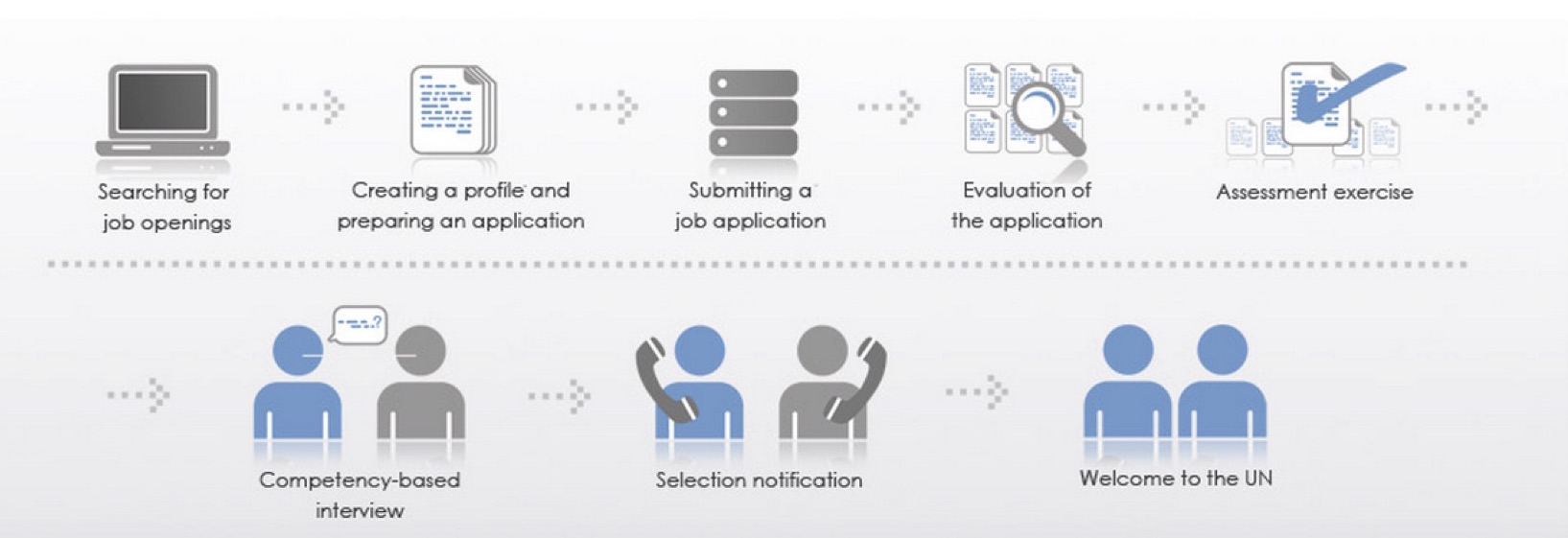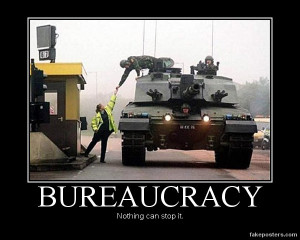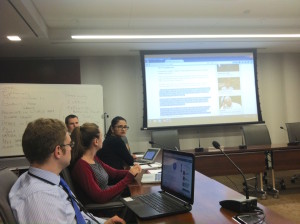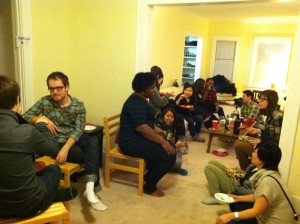Perhaps you’re a prospective MAIR student and you’re wondering what you can expect concerning any internship you might fancy going into if you come to Maxwell. Or perhaps you’re curious about the general application process for pretty much any job– especially one with a government entity. This might be a rather long post, however hopefully it can break down the process in a way that makes it seem less daunting/abstract! I certainly wish I had known some of this before I started the process!
Stage 1: Searching and Applying
You have to first find your internship/job and apply to it. Although Maxwell will help with resources to find postings, advice on resumes, etc., the process of applying is all up to you. As long as it is internationally focused, it doesn’t really matter too much what you choose. You could work for the UN, a non-profit, or even a politician who focuses on international issues. Heck, you could get a full-on paid job and reap the benefits of not going too much into debt!
- For official governmental internships/jobs, such as US State Department ones, typically the application comes out 6 months or so before the day you can expect to start. For my fall internship, that was around March. For summer I believe it’s around December. You’ll have to usually apply through USAJobs for those.
- However, if you’re interested in international organizations or non-profits, those internship applications typically go out anywhere from a few months to a few days before the proposed start day. A classmate of mine got her submission, interview, and response almost days before she would have had to be in Geneva with a visa allowing her to be there. It’s a complicated process at some times, but with enough gusto, forethought, and planning it can be relatively painless.
Example of the UN Internship Process:

Stage 2: Notification
You have to be given the internship before you can do it, and again Maxwell cannot magically give the internship to you, but make you more competitive. Assuming you’ve shown the best that you can offer and you’re a good fit, you can expect a response in a relatively timely manner. With official organizations that usually comes within a pre-determined time frame, but with non-profits or more loosely run organizations it might take some nudging to get responses.
Stage 2.5: Background Checks (For governmental internships)
Assuming you get accepted, governmental internships typically require a background check or security clearance. Mine for the US government needed a “secret” clearance level, which meant they needed fingerprints, interviews with me, and knowledge of all foreign nationals who I remain in contact with.
- One tip I wish I had known earlier: If you’re in DC for any reason, get your fingerprints done digitally at the Diplomatic Security (or comparable organization) office. I had mine taken at the SU department of public safety and they were rejected due to “unreadability.” In fact, almost all of us State department interns had our clearances delayed due to fingerprints.
Stage 3: Find Housing
Again, this is something that is not a given when looking for internships, but Maxwell will still help you with as much as they can. In DC, Maxwell has housing they can provide for students, and I know in Geneva there were intern dormitories. However, depending on where you are and your budget, oftentimes you’ll have to find your own housing. Finding a roommate can help with costs, and sometimes you can get rent with utilities included. Of course, don’t forget to take a look (or get someone to take a look) first if you’re renting an apartment and are able to!
Here are other options:
- Hostels and hotels can offer long-term leases if you ask ahead of time and negotiate a reasonable rate
- Some universities or areas offer dormitories, apartments, or intern housing
- Craigslist has some subleases, especially in the summer.
- Air BnB has some good options as well if you work fast!
- Utilizing the Maxwell alumni network could also prove fruitful. Sometimes people want to find sub-letters who they trust, and Maxwell tends to be trustworthy!
- Sometimes you can only find a 12-month lease, in which case you can coordinate with another Maxwell student doing an internship the semester before/after you. For example, PD students have to do their DC internship in spring, so you could coordinate with them to take over a long-term lease after you leave in the fall.
Stage 4: Move and Start the Internship!
After you drive/train ride/fly to the host location, get your suit pressed, buy your transit passes, and sleep through any jet lag, you’ll be ready to go! You might have an orientation, like I did with the State Department, or you might just show up and get started. All organizations have different processes, and you’ll have to connect with your supervisor or coordinator to learn what specifically you need to do.

However, if you find yourself waiting around a bit while security clearances work themselves out, never fear! It happens all the time– heck it happened to me!– and there are usually Maxwell administration around to help you in the case of any last-minute issues.
Stage 5: Classes and Internship Credit Requirements
You might start classes before your internship starts, after it starts, or not at all. Some Maxwell programs have classes available, such as the one in DC. However, if you choose a more exotic location or one off the beaten path, there may not be classes available. Either way you’ll have to get credits for the internship, and that requires certain procedures, such as written reports about the work you do and the organization and confirmation from the internship supervisor. Sometimes there are visits as well to see how you are faring and the fit.
Stage 6: Have a Great Time!
Whether it’s exploring your host city, traveling around the region, meeting people from other IR programs, going to alumni networking events, or simply experiencing what it’s like to work in an internationally-based organization, the required internship portion of the MAIR degree is one of the best things you can do!
(Japanese-style hotpot jamboree! AKA 鍋パーティー)
Hey, you have to pay for 3-6 credits anyway to graduate, you might as well do it learning hands-on skills in the actual organizations you want to work for!
(Hidden) Stage 8: Network!
Sometimes your internship will lead to a job. Sometimes it won’t. Sometimes you have to go back to Syracuse after all the fun is over and finish your degree (like me). No matter what you do, the experiential internship is an amazing time to network, get to know the field you want to go into, and meet all sorts of people.





